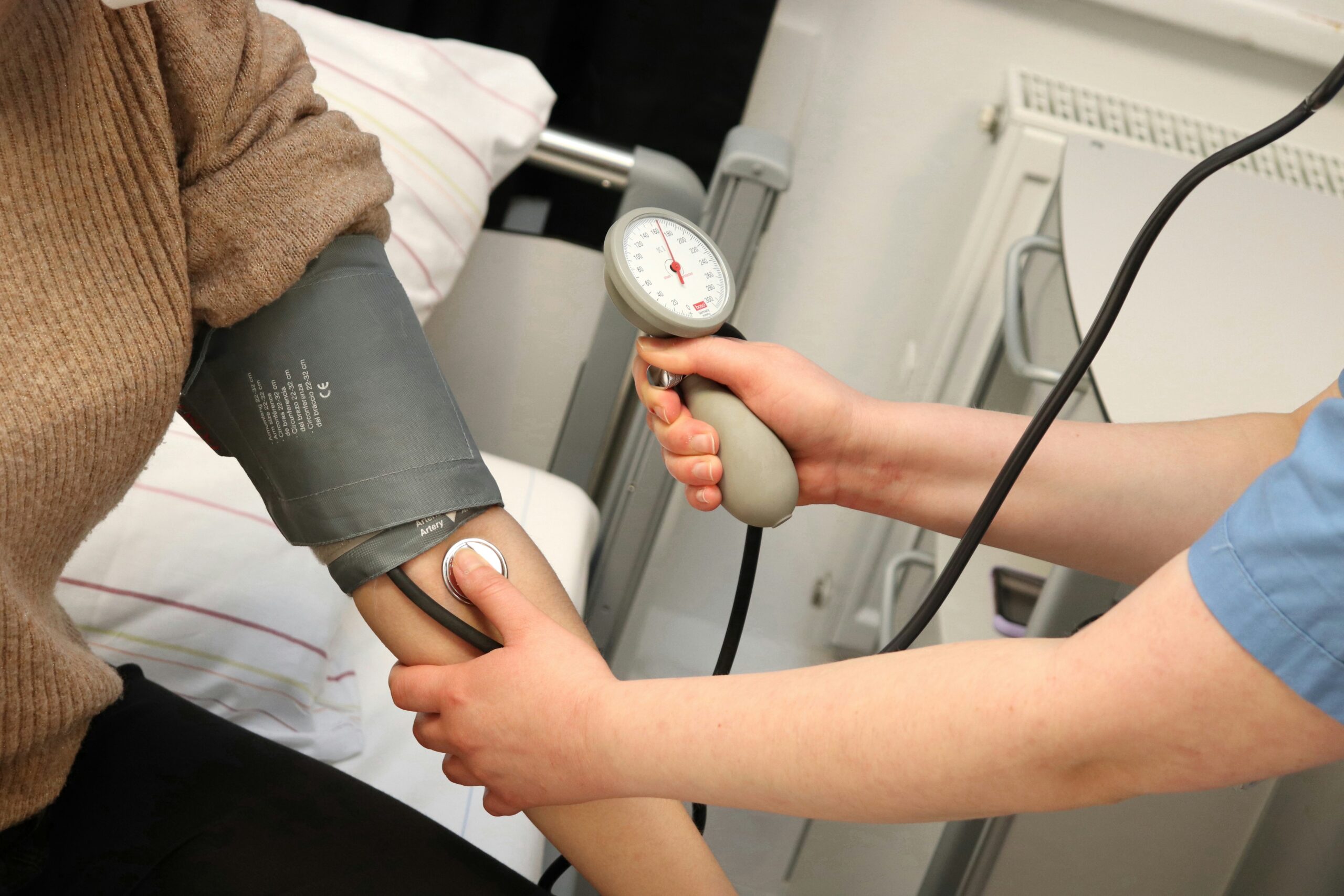
The last twenty years in medicine have been nothing short of extraordinary. Advances in technology, the rise of patient-centered care, and the expansion of medical knowledge have transformed the way doctors, nurses, and healthcare teams approach patient care. At the same time, these changes have brought lessons that extend beyond clinical skills, emphasizing the importance of compassion, adaptability, and innovation. Looking back over two decades, it becomes clear that the story of modern medicine is not just about science—it is about people and the future of care itself.
Technology as a Driving Force
Two decades ago, electronic health records were a new concept, and telemedicine was only beginning to take shape. Today, these tools are integral to healthcare systems worldwide. The digitization of medical records has enhanced communication between healthcare providers and patients, reduced errors, and facilitated more efficient care. Telehealth, once considered experimental, has now become essential, especially after the COVID-19 pandemic highlighted its value.
Artificial intelligence is also entering clinical practice, offering predictive tools to identify risks, suggest treatment plans, and assist in diagnosis. These technological breakthroughs save time, expand access, and provide physicians with powerful resources. However, they also remind us that technology can never fully replace the human connection in medicine.
Lessons in Patient-Centered Care
Perhaps the greatest lesson from the last two decades is the shift toward treating patients as partners in their care. Medicine was once driven by a top-down model, where doctors made decisions and patients followed orders. Now, the emphasis is on collaboration. Patients want to understand their conditions, explore treatment options, and participate in shared decision-making.
This change has shown that when patients are engaged in their own care, outcomes improve. Clear communication, empathy, and respect for cultural and personal values are as important as the latest medical advancements or surgical techniques. Over time, healthcare providers have come to realize that listening is often the first step toward healing.
The Impact of Global Challenges
The past twenty years have also been shaped by crises that tested healthcare systems worldwide. The COVID-19 pandemic reminded everyone of the fragility of public health and the resilience of frontline workers. Lessons learned from this experience include the need for stronger emergency preparedness, faster global collaboration, and more effective resource distribution.
Beyond pandemics, challenges like rising chronic illnesses, antibiotic resistance, and health inequities have reshaped priorities. These problems demand not only medical expertise but also policy reform, education, and community engagement. Medicine has evolved beyond treating individuals—it is now about protecting populations and addressing the broader determinants of health.
The Role of Compassion and Humanity
Advancements in science and technology often dominate discussions of progress, but the past twenty years highlight that compassion is equally essential. Patients remember not only how they were treated medically but also how they were treated emotionally. A kind word, a reassuring presence, or a moment of genuine empathy can transform a patient’s experience.
As medical professionals face pressures such as heavy workloads, complex cases, and evolving systems, maintaining this human touch can be challenging. Yet, it is compassion that prevents medicine from becoming purely mechanical. The lesson is clear: healing requires both knowledge and kindness.
The Future of Patient Care
Looking ahead, the future of medicine is both exciting and complex. Personalized medicine, driven by genetics and advanced diagnostics, promises to tailor treatments to the individual’s unique needs. This could lead to earlier detection, more effective therapies, and fewer side effects.
Artificial intelligence is to continue expanding its role, from predicting outbreaks to assisting surgeons in the operating room. Robotics, wearable devices, and remote monitoring will bring healthcare into patients’ homes like never before. Yet, with these advances comes the responsibility to ensure privacy, equity, and access for all.
The next era will also demand a stronger focus on mental health, preventive care, and holistic approaches that consider the patient’s lifestyle and environment. Healthcare providers will need to balance cutting-edge science with a commitment to human dignity, ensuring that innovation never overshadows the values at the heart of the medical profession.
Building Trust in a Changing World
As medicine continues to evolve, one constant remains: trust. Patients place their lives in the hands of healthcare professionals, and that trust must be protected. Transparency, honesty, and integrity are essential in maintaining confidence, particularly in a world where misinformation can spread rapidly.
Healthcare providers must continue to prioritize ethical practices, safeguard patient information, and ensure that medical advancements benefit everyone, not just a select few. The lessons of the last twenty years remind us that trust, once lost, is difficult to rebuild.
A Legacy of Progress and Hope
Two decades in medicine have revealed incredible progress, as well as enduring truths. Science has advanced at breathtaking speed, yet the foundation of care remains rooted in compassion, trust, and human connection. The lessons learned remind us that medicine is not only about treating diseases—it is about caring for people in their most vulnerable moments.
The future holds endless possibilities, from personalized medicine to global health breakthroughs. Yet, as technology reshapes the medical landscape, the challenge will be to keep the patient at the center of every decision. If the last two decades have taught us anything, it is that true healing requires both innovation and humanity.